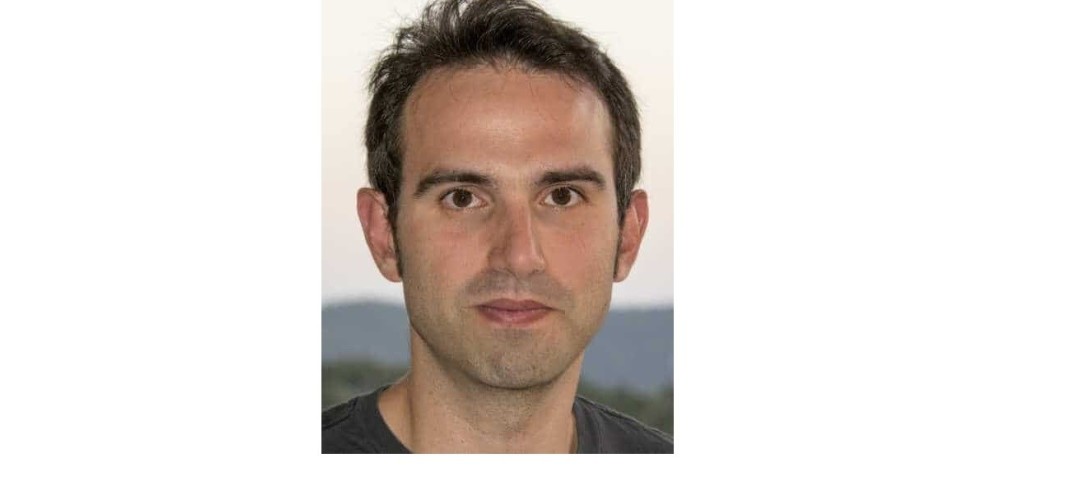
Abstract: Disposable sensors are easy-to-use, low-cost devices that are intended for single use or short-term monitoring of physical, chemical and biological analytes. [1] In this talk, I will present some of our most recent work involving the development of paper and silicon-based disposable sensors and their applications in monitoring food quality and detecting infectious pathogens. [2-4] Disposable sensors can also be combined with machine learning techniques to predict hard-to-measure analytes in soil both instantaneously and into the future, offering a new method to reduce overreliance on hardware. [5]
References
1. C. Dincer, R. Bruch, E. C. Rama, M. T. Fernández-Abedul, A. Merkoçi, A. Manz, G. A. Urban, F. Güder, “Disposable Sensors in Diagnostics, Food and Environmental Monitoring”, Advanced Materials 2019, 1806739
2. G. Baradun, M. Soprani, S. Naficy, M. Grell, M. Kasimatis, K. L. Chiu, A. Ponzoni, F. Güder, “Cellulose Fibers Enable Near Zero-Cost Electrical Sensing of Water-Soluble Gases”, ACS Sensors 2019, 4, 1662-1669
3. M. Grell, C. Dincer, T. Le, A. Lauri, E. Nunez-Bajo, M. Kasimatis, G. Barandun, S. A. Maier, A. E. G. Cass, F. Güder, “Autocatalytic Metallization of Fabrics Using Si Ink, for Biosensors, Batteries and Energy Harvesting”, Advanced Functional Materials 2019, 29, 1804798
4. Nunez-Bajo, A. Collins, M. Kasimatis, Y. Cotur, T. Asfour, U. Tanriverdi, M. Grell, M. Kaisti, G. Senesi, K. Stevenson, F. Güder, “Disposable Silicon-based All-in-One Micro-qPCR for Rapid On-Site Detection of Pathogens”, Nature Communications 2020, 11, 6176
5. M. Grell, G. Barandun, T. Asfour, M. Kasimatis, A. Collins, J. Wang, F. Güder “Determining and Predicting Soil Chemistry with a Point-of-Use Sensor Toolkit and Machine Learning Model”, bioRxiv 2020, 2020.10.08.331371
Short Bio: Dr Firat Güder is a senior lecturer (US equivalent associate professor) in the Department of Bioengineering at Imperial College London. Prior to his appointment at Imperial, he was a research fellow in the group of Prof. George M. Whitesides at Harvard University in the Department of Chemistry and Chemical Biology. He has a PhD in Microsytems Engineering (summa cum laude) from the University of Freiburg, Germany, and a BSc in Computer Engineering (First Division) from the University of New Brunswick (UNB), Canada. Over the years, his achievements have been recognized through numerous awards such the UNB Class of 1939 Scholarship, N. Myles Brown Scholarship, Governor Thomas Carleton Scholarship, KU Leuven International Scholarship, Furtwangen University MTM Scholarship, German Research Foundation International Research Fellowship, Tom West Analytical Fellowship, 2018 UNB Young Alumni Achievement Award and most recently Imperial College President’s Medal for Outstanding Early Career Researcher. Firat and his team, work in the interface of material science, electronics, computing, chemistry and biology. His group focuses on the development of new materials, fabrication of low-cost sensors/actuators with the eventual aim of transforming the devices developed into functional systems for use in healthcare, agricultural and food sciences. In addition to his peer-reviewed papers, he is an inventor of multiple patents and cofounded four startups based on his own research. His research at Imperial is sponsored by the Wellcome Trust, EPSRC, BBSRC, GE Healthcare, The Royal Society, Analytical Chemistry Trust Fund, Innovate UK, EIT Health, Gates Foundation and others. For more information on Firat and his research activities, please visit his website at www.guderesearch.com


